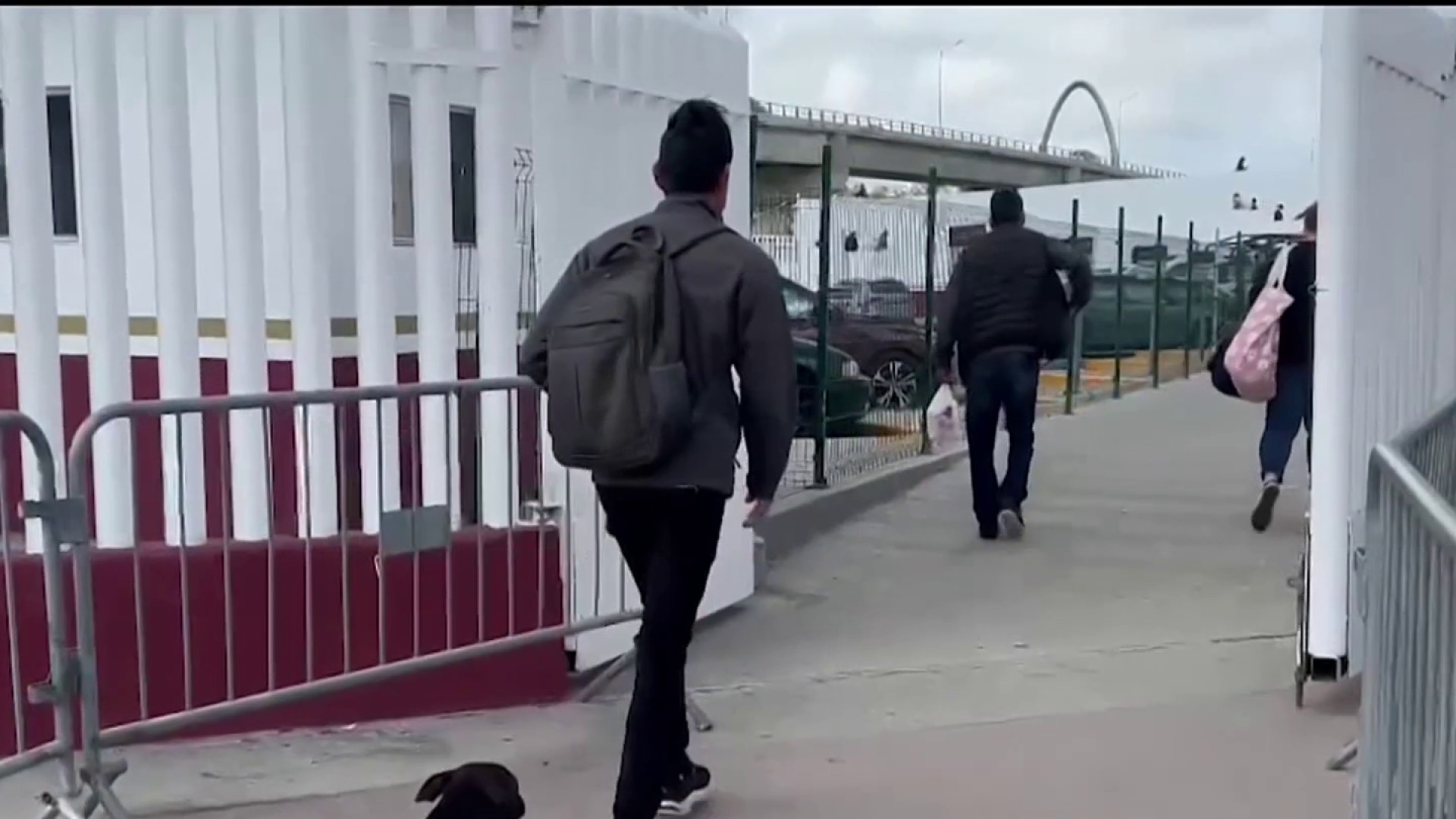Many people waited for hours outside the San Diego Mexican Consulate in Little Italy on Sunday as the consulate took votes from Mexican citizens living in the U.S.
Voters waiting in long lines snaking around the block in San Diego mirrored those just across the border in Tijuana. But when the polls closed at 5 p.m. many did not get the chance to cast their ballots.
“We want to vote! We want to vote! We want to vote!” many chanted.
According to the National Electoral Institute, 560 people registered to vote at the San Diego Mexican Consulate, but those who didn’t register beforehand showed up in person.
Get top local stories in San Diego delivered to you every morning. Sign up for NBC San Diego's News Headlines newsletter.
"I've been here going around and around, changing lines because there’s no organization at all," said voter Carmen Barbero.
"I’m a Mexican citizen. I live here in San Diego, California, and I want to exercise my vote and this is a mess," said voter Priscila Aguilar.
Priscila Aguilar is among the thousands of Mexican citizens who waited for hours outside the consulate Sunday to cast their vote.
Some walked away without getting the change to cast their vote after the polls closed.
Mexican presidential election
One election volunteer felt exasperated with the situation.
"There’s a lot of people that are already registered and they’re still staying in the same line as the people who haven’t registered yet," said volunteer Joellen Handelsman.
“They only have five machines in there, two of which are not working. The consulate is blaming it on INE, which is the electoral institute, the electoral institute blames it on the consulate,” Priscila Aguilar said.
When polls closed at 5 p.m., so did the consulate doors, leaving many people disappointed.
“I feel bad for the people who are struggling to vote. It’s a big thing for them … everyone is very frustrated,” Handelsman said.
This was the first time Mexicans living abroad could cast their votes in a presidential election at their local Mexican consulates before they were able to vote by mail or electronically.



